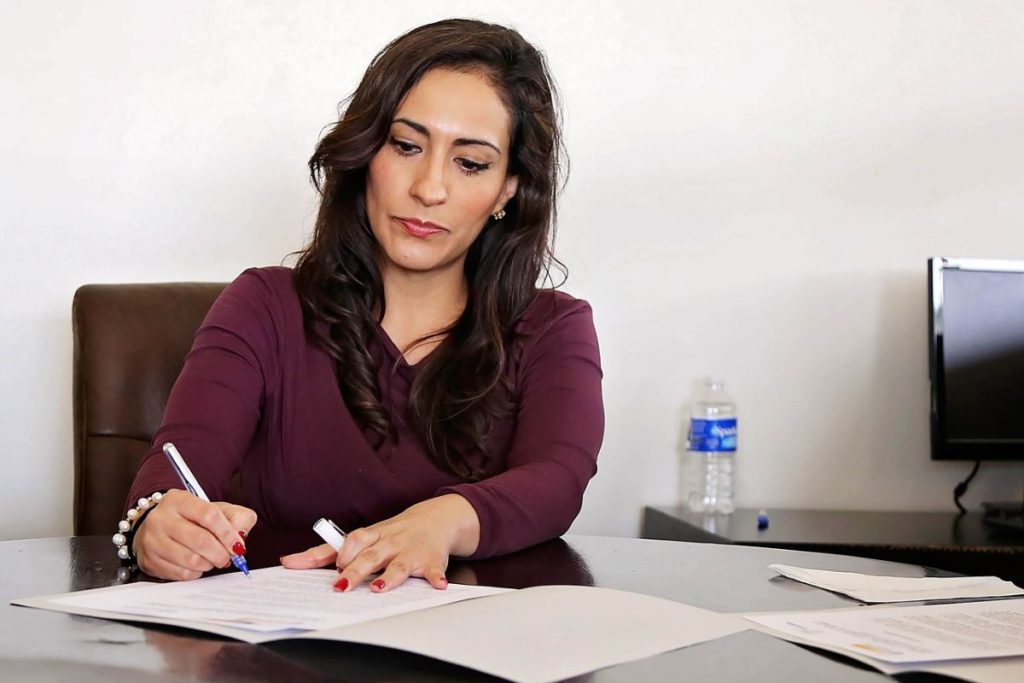Becoming a great leader requires continuous effort. One has to work each day to improve themselves personally and professionally to be able to connect with people more and inspire them.
Here are a few tips to make you an excellent, effective leader in your job or anywhere or anytime that you are called on to lead.
Great leaders are great teammates, and in order to be a great leader, you need to learn the basics to become an effective and wonderful teammate. To be a great leader, you need to learn to communicate effectively with people. A leader builds highly effective teams by understanding how roles interact with one another and keeping the lines of communication open.
Rather than cajoling their team members into doing whatever they want, effective leaders foster collaborative working environments where individuals feel free to offer suggestions, suggest improvements, and so on. Hand-in-hand with empathy, a good leader values their team member’s input, wants to learn what makes them tick and helps them establish and reach professional goals. The most effective leaders are those who connect with their team members, make sure they are aware of all available options, and keep everyone engaged.

Good leaders develop the strengths and talents of their people, and they create teams committed to common goals. Good leaders are those who recognise that they possess a core set of skills needed to guide a group of people toward common goals. They continually work on themselves, from taking various short-term leadership courses to following in the footsteps of famous leaders.
Effective leaders are capable of inspiring a shared vision among colleagues and staying true to that vision even when faced with challenging circumstances. Great leaders use their communication skills to learn more about the people they are working with. They do so by encouraging peer feedback and keeping the lines of communication open in their teams. Shareholder engagement in corporate governance also plays a vital role in achieving company goals. Board accountability in corporate governance puts pressure on the management to continue to deliver the best results, and as a leader, it motivates you to think out of the box to find solutions that take your business to the next level.
Always keep in mind that the best leaders communicate in ways that motivate and excite their employees. The best leaders lead their teams forward with passion, excitement, inspiration, and motivation. All great leaders are aware of the strengths and weaknesses of their teams, and the best leaders strive to make sure employees’ jobs are in line with their strengths.
Great leaders know how to move with the tides without losing their orientation, moving their organisations forward with resilience and foresight. Over time it has been discovered that the greatest lever for improving engagement and employee accountability is not tracking the progress they are making on goals; it is creating and maintaining an atmosphere of motivating relationships. The more time and energy you put into the leadership role early on, the more success you and your team will have.
When stepping into a leadership role, you must figure out the best way to navigate a new opportunity. What is important is to begin developing as a leader at an early stage of your career. You will feel more excited to guide your teammates and realise you have a greater capacity for developing as a leader than you appreciated before.
The more you understand your group, the more effective you will be in guiding them. By developing your communication skills as a leader, you can articulate your vision more clearly and create a more collaborative environment. A leader needs to be able to recognise new opportunities and have great people around them with good ideas and thoughts.
If you are in the position of leading a group of people – whether you are just yourself and one co-worker or a group of over 50), to be respected as a leader, you need to work towards developing a sense of mutual understanding and trust. Since the primary goal of effective leadership is to lead a group of people, it is essential that you place it first.
Great leaders realise that in order for people to do their best, they need to feel a sense of ownership of their work and believe what they are doing makes sense. Leaders need to be capable of acting with interpersonal competence, but also must learn techniques like how to listen well, communicate honestly and openly, delegate, resolve conflicts, and so on, in order to really do the work and to hold the entire project together. Rather than just expecting employees to do their jobs, effective leaders give clear goals that must be met, clear expectations for what happens if those are met or missed, and a road map for getting work done.
A dedicated leader equips team members with the necessary information, skills, and resources to effectively perform the work. Leaders invest in relationships because they are empathic creatures who believe in sharing strong bonds with the team. A leader who is trustworthy and has a strong sense of character keeps their promises and communicates with others in an open, honest, and direct manner.
The key is for some entrepreneurs to acknowledge failures and place someone in charge who has the characteristics of an effective leader in order to ensure people are managed well and kept happy and productive. Great leaders promote innovation in the workplace and are constantly looking for new and better ways of doing things, which helps the business to succeed. Therefore, learning to lead through change is a crucial skill a leader should possess, whether that is embracing new policies and procedures, implementing a new business model, or adjusting to the CEO’s new leadership style.

